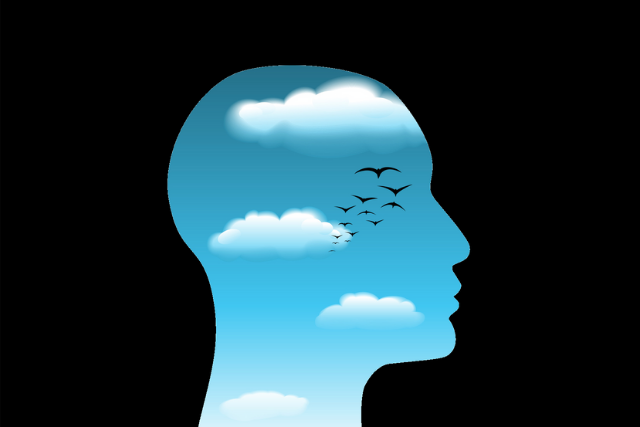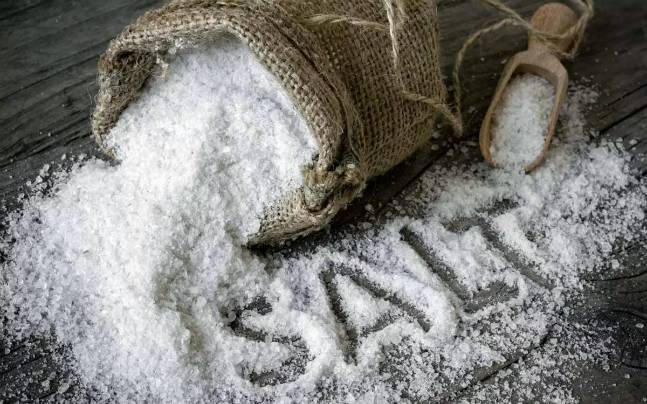Advent Daily Devotional: Day 7
Sat, Dec 5 – DAY 7 Lighting the candle requires multiple tools and actions. Hands to manipulate the match and candle. Fuel to ignite the spark. Oxygen to feed the flame. All these elements exemplify interconnection and dependency on each other in order to move from potential to reality. Hope permits us to seek […]




